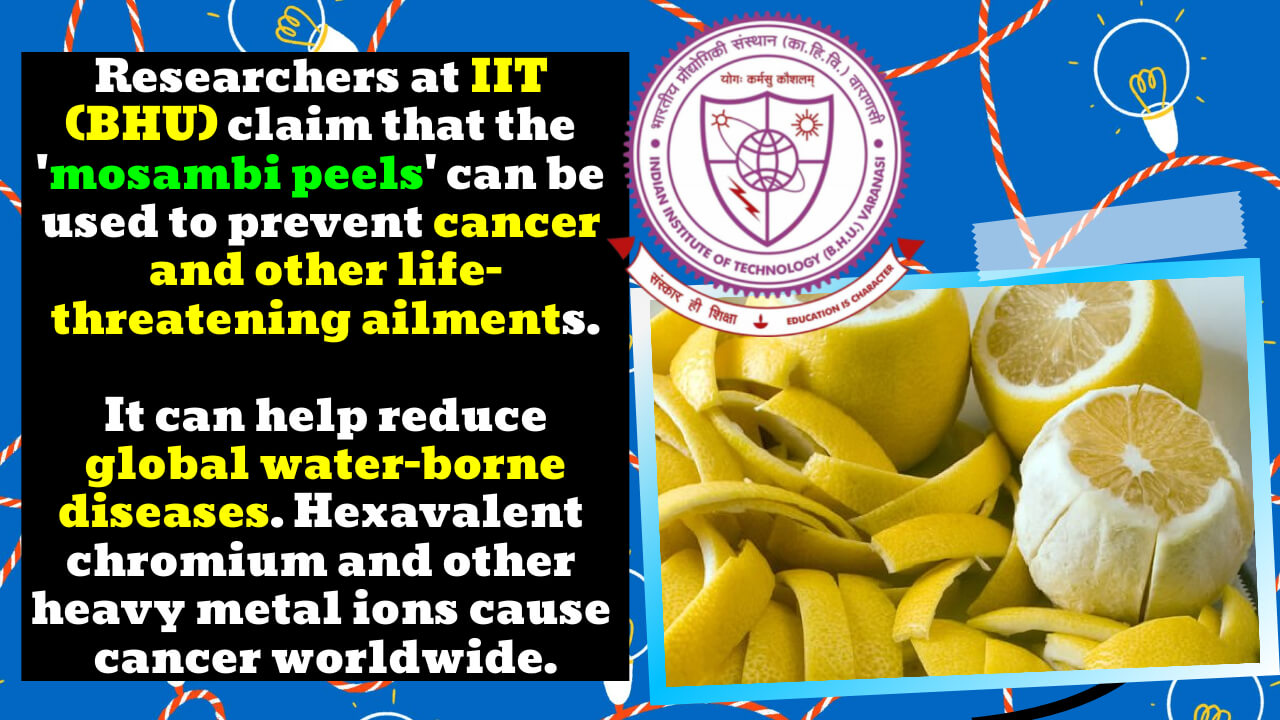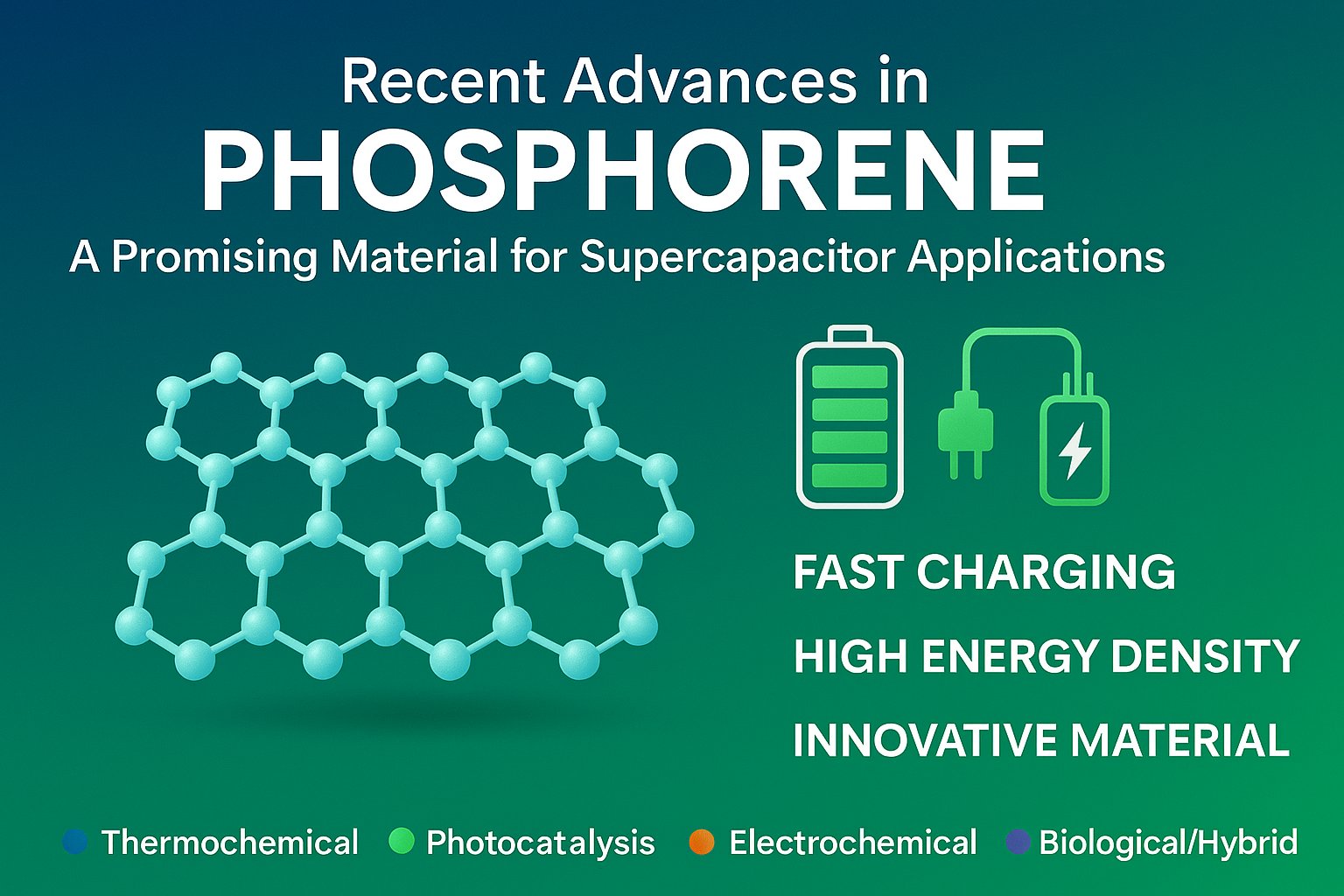According to IIT (BHU) researchers,’mosambi’ peels may be used to prevent cancer and other life-threatening diseases. An environmentally friendly and cost-effective adsorbent can remove toxic heavy metal ions from contaminated water and wastewater.
Dr Mishra’s research focuses on developing a low-cost, environmentally friendly method for removing heavy metal ions from water. According to the WHO, 3.4 million people die each year due to water-related diseases. Each day, 4,000 children die as a result of drinking contaminated water.
Key Highlight:
- The IIT (BHU) researchers claim that ‘mosambi’ (Citrus limetta) peels can prevent cancer and other fatal diseases.
- Eco-friendly and cost-effective adsorbent for heavy metal removal from contaminated water and wastewater has been developed by IIT (BHU) researchers.
- The WHO estimates that 3.4 million people, mostly children, die from water-borne diseases each year.
A group of researchers at IIT (BHU) say that the peels of the “mosambi,” or Citrus limetta, can be used to fight cancer and other life-threatening illnesses. That’s not all: The researchers in the School of Biochemistry, IT (BHU) have made an eco-friendly and cheap adsorbent that can remove toxic heavy metals from water and wastewater, says Dr Vishal Mishra, associate professor in the School of Biochemical Engineering. The adsorbent can also be used to remove other harmful metals from water and wastewater. In the journal “Separation Science and Technology,” Dr. Mishra and his student, Veer Singh, have already written about this research.
He told us that many different types of cancers, liver and kidney problems, and skin problems can be caused by hexavalent chromium. People have been making a new eco-friendly product out of the peel of citrus limetta (mausmi) trees. This adsorbent is very good at getting rid of hexavalent chromium from wastewater. It takes less time to get rid of hexavalent chromium from aqueous solutions than other methods. According to Dr. Mishra, this adsorbent can be easily removed from the water after removing the metal. A substance called an adsorbent has been tested by scientists to see how well it can remove the hexavalent chromium from synthetic wastewater, and they found promising results. They also tried how well this adsorbent could remove lead and cadmium from the water. They found that this adsorbent had an advantageous ability to remove heavy metals from water.
There are a lot of water-borne diseases in countries that don’t have a lot of money. World Health Organization: Water-related diseases kill 3.4 million people each year. Most of them are children. According to a United Nations Children’s Fund (UNICEF) report, 4,000 children die each day because they drink contaminated water. 2.6 billion people don’t have clean water, killing 2.2 million people each year, 14 million of whom are children. Improved water quality can cut down on the number of water-borne diseases worldwide. Cancer caused by hexavalent chromium and other heavy metal ions is a big problem worldwide. According to a report from the Indian water resources ministry, a lot of people in the country drink water that is full of toxic heavy metals that could kill them. On the social and economic side, Dr. Mishra said that this research aims to find a cheap and environmentally friendly way to get rid of heavy metal ions from water. As fruit waste, citrus limetta peels are easy to find. This and chitosan can be used to make adsorbents that are cheap and environmentally friendly.





[…] IIT (BHU) researchers claim that ‘mosambi peels can prevent cancer and… […]